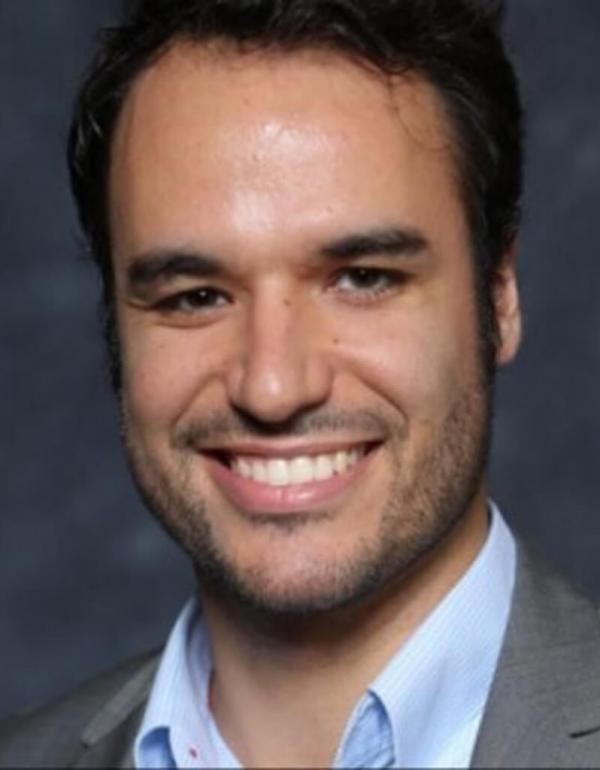
Stephan Schaller is a systems scientist and the founder and managing director of esqLABS GmbH (www.esqlabs.com), a biosimulation solutions company. He is the current chair of the Board of www.Open-Systems-Pharmacology.com, an initiative to foster open collaboration in systems pharmacology and to drive the development of the open-source modeling tools PK-Sim® and MoBi®, used for model-based decision-making in the pharmaceutical and chemical industries. Stephan has applied modeling & simulation to support decision-making processes in life sciences in multiple positions in the industry.
His experience ranges from pharmacokinetics and effect evaluation to target validation and drug toxicity assessment from early phases of drug discovery to quantitative pharmacology applications in clinical development and extends to the development of automated decision support systems for point of care applications. Stephan Schaller studied Control Systems Engineering and Systems Biology at the University of Stuttgart, Germany. He received his Ph.D. in Computational Engineering from the RWTH Aachen University, Germany, collaborating with Bayer HealthCare to develop an automated PBPK/PD-based decision support system for precision dosing in Diabetes.
Abstract for OpenTox Summer School 2023
Incorporating chemical-specific metabolism pathways into an open-source PBPK model using PK-Sim
In this summer school lecture, we explore the flexibility and customizability of open-source Physiologically-Based Pharmacokinetic (PBPK) models, focusing on the application of the PK-Sim (OSP Suite, www.open-systems-pharmacology.
The discussion will demonstrate the process of integrating specific metabolic pathways into PK-Sim models, showing how this enriches their robustness and confidence. With a use case, we will illustrate the diverse ways these models can be tailored to accommodate the intricacies of different metabolic pathways.
We will also discuss the extensive applicability of these adaptable PBPK models in a variety of fields, including drug discovery, environmental toxicology, risk assessment, and precision medicine. Emphasizing the open-source nature and customizability of these models, we aim to inspire attendees to appreciate the vast potential these models offer to researchers in different disciplines.
Thus, this lecture will offer a comprehensive understanding of the flexibility and customizability of open-source PBPK models, and how the inclusion of chemical-specific metabolism pathways can add value to a model. It will provide attendees with insights into this powerful, adaptable tool, stimulating future research in pharmacokinetics and toxicology.
